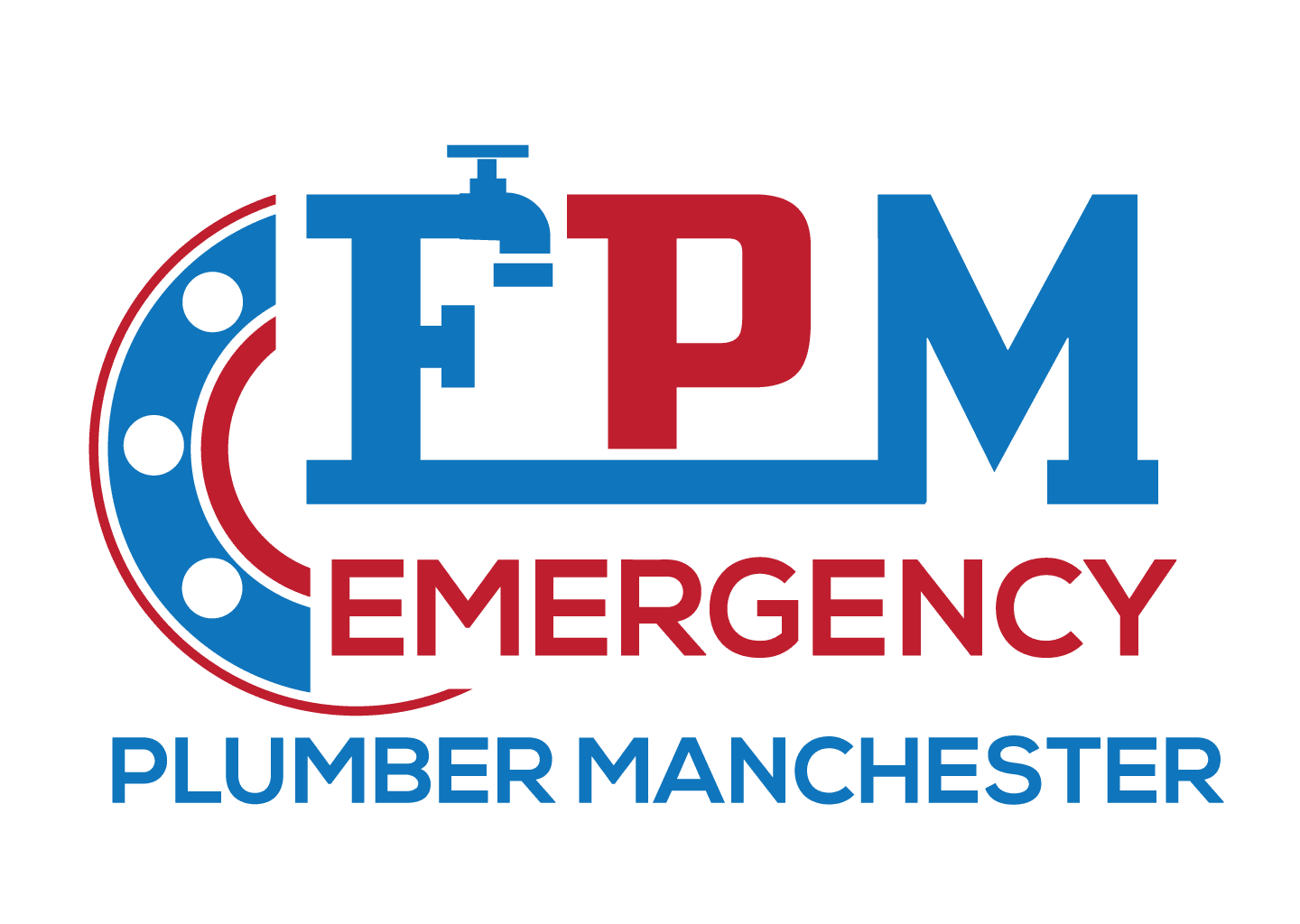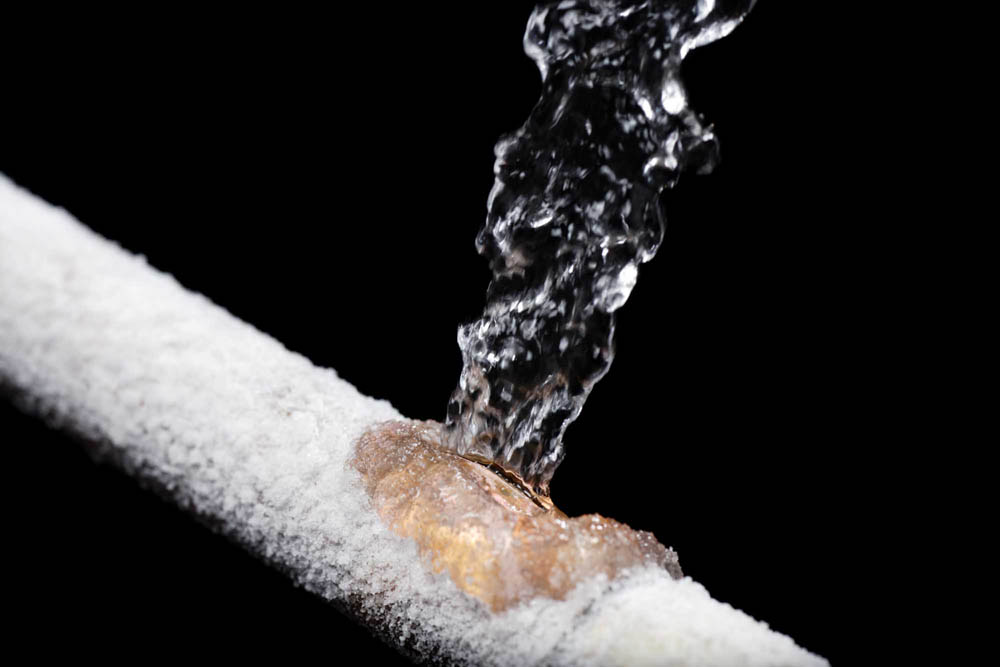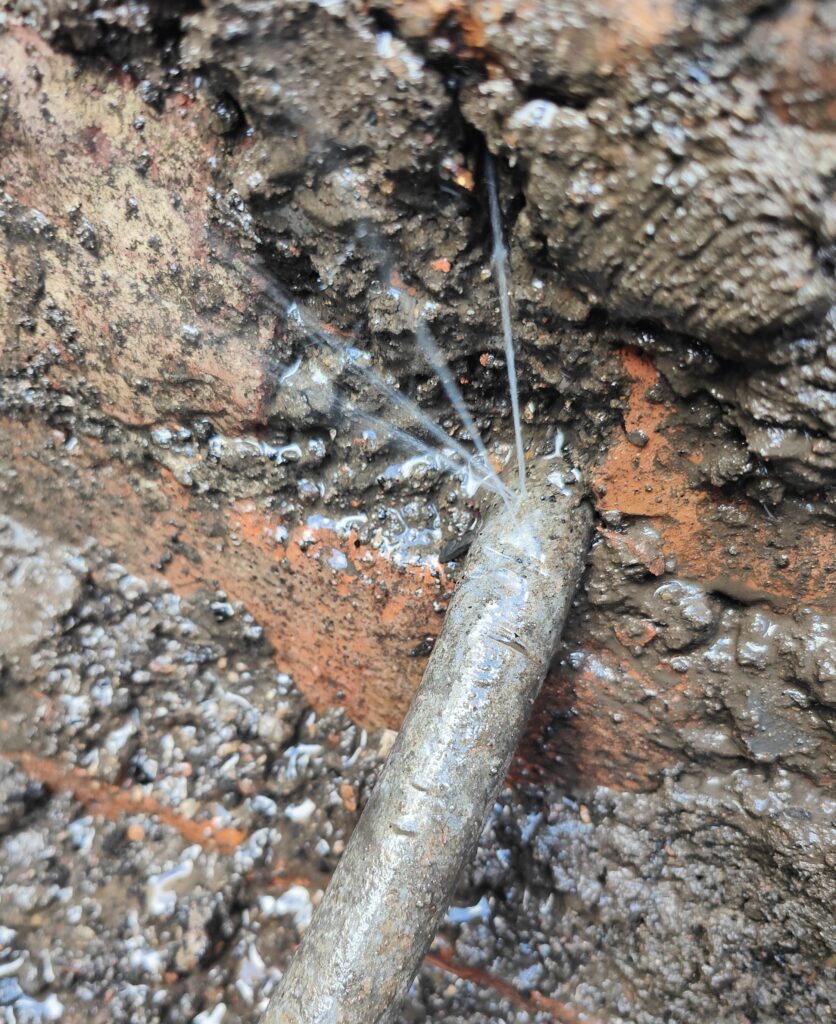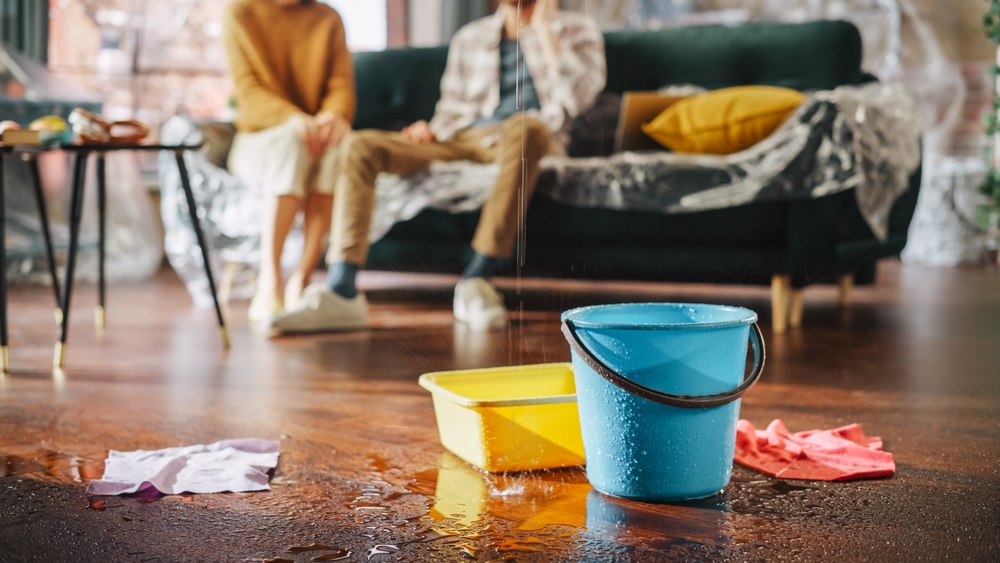
How to Avoid Pipe Freezing
With winter’s arrival and falling temperatures, homeowners must protect their pipes from freezing. Frozen water pipes can cause significant disruptions and lead to expensive burst pipes. To avoid frozen pipes is key. It keeps a water system working and prevents damage. This guide gives steps to protect your home in cold temperatures. It will keep your plumbing in top shape all season. You must take adequate steps to keep your home safe and warm during the winter. Frozen pipes do not mean your home should freeze at this time of the year.
Why Frozen Pipes Are a Serious Issue
Risk of Burst Pipes, Damaged Taps, and Overflowing Water Tanks
When water pipes freeze, the ice expands. This can create immense pressure and burst the pipes. These incidents can flood your home, damage walls and floors, and lead to costly repairs.
Disruption to Your Daily Life
Frozen water supply lines can leave you without hot water. This makes daily tasks, like bathing and cooking, inconvenient. In severe cases, frozen pipes may cut off the water supply. This can leave your household stranded.
Steps to Avoid Water Pipes Freezing
Keep Your Home Warm
Maintaining a consistent temperature in your home is crucial during the winter months. Use your central heating to circulate warm air throughout the house. In unoccupied rooms, keep the heating on. It avoids cold spots that can harm pipes.
Insulate Your Pipes and Water Tanks
Insulating your plumbing can protect pipes in cold areas, like basements, attics, and garages. Insulating your water tanks helps prevent freezing in unheated areas. It protects your water system’s efficiency.
Let Your Taps Drip
In extreme cold, slightly open your taps to let water trickle. This simple act keeps the water moving. It reduces pressure in the pipes and lowers the risk of burst pipes.
Proactive Tips to Prevent Freezing
Seal Drafts and Cold Spots
Check for gaps or cracks around windows, doors, and walls where cold air might infiltrate. Sealing these areas stops cold drafts from reaching unheated pipes and water tanks.
Use Heat Tape for Pipe Protection
For extra protection, wrap vulnerable pipework with heat tape. It keeps pipes warm during long cold snaps, especially in external walls or garages.
Keep Warm Air Circulating
Open the bathroom and kitchen cabinet doors. This lets warm air from your heating system reach the pipes beneath the sinks. This technique is beneficial during overnight hours when freezing temperatures can plummet.
Protect Outdoor Faucets
Disconnect hoses from outside taps. Cover the faucets with insulated materials to protect them from frost and freezing. Exposed outdoor plumbing can freeze or burst in extreme cold.
Essential Boiler and Central Heating Maintenance for Winter
Regular Boiler and Heating Checks
Ensure your boiler and heating system work well before winter begins. A well-maintained heating system keeps your home warm and your plumbing safe.
Monitor Your Water System
Regularly inspect your water system for leaks, freezing, or blockages. Early detection can prevent more significant issues like burst pipes or a complete water supply shutdown.
Insulate Pipes in Unheated Areas
Pay special attention to pipes located in unheated areas, such as crawl spaces, garages, and basements. Adding insulation to these pipes can significantly reduce the risk of freezing.
What to Do During Extreme Cold Weather: Ensuring Warm Air Circulation with Proper Home Insulation
During particularly cold spells, additional precautions can help prevent pipe freezing:
- Increase Thermostat Settings: Raise your home’s temperature to combat freezing temps.
- Keep Heating On During Absences: If you’ll be away for a long time, set your central heating to a low, consistent temperature to prevent freezing.
- Run Dripping Taps: A slow drip from your taps can relieve pressure in the pipes and prevent freezing in extreme cold.
Get Immediate Help Now
If you’re facing a plumbing emergency in Manchester, don’t wait—help is just a phone call away. For 24/7 emergency plumbing, call 07444 70 70 55 or email info@emergency-plumber-manchester.uk. Our team is ready to help with any winter plumbing issue, like frozen or burst pipes.
Why Acting Early Matters
Winterizing your plumbing prevents costly damage. It also keeps your home comfortable and functional. Insulating pipes and maintaining your heating system can help. These steps can save you from the stress and cost of repairing burst pipes or fixing water supply issues. You can also reduce your energy bills by keeping your pipes from freezing.
Winter-proof your plumbing today. Enjoy peace of mind all season. If in doubt, consult a plumber. It’s the best way to protect your water system from freezing.
FAQs
How do I stop my pipes from freezing?
To prevent frozen pipes, insulate your pipes. Keep the heat constant, and let your taps drip in cold weather. Sealing drafts and using heat tape are additional measures to safeguard your plumbing.
At what temperature do pipes freeze?
Pipes typically freeze when exposed to temperatures of 20°F (-6°C) or lower. However, uninsulated pipes in colder areas may freeze during a cold snap. This can happen at higher temperatures.
Why do my pipes freeze so easily?
Pipes may freeze easily due to poor insulation, cold spots, or irregular heating. Addressing these vulnerabilities can prevent freezing and pipe lagging.
Will my pipes freeze in one night?
Yes, extreme cold can freeze unprotected water pipes in a frozen area overnight. Taking precautions like running dripping taps or insulating pipes can prevent this.


